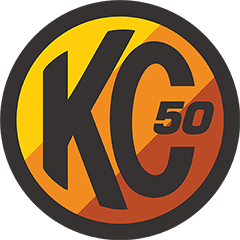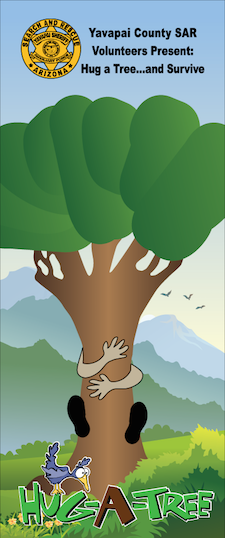Hiker lucky she wasn’t alone; YCSO often called to rescue
By JOANNA DODDER
The Daily Courier jdodder@prescottaz.com
While a group of local young adults made several crucial errors during their trek into the Granite Dells Feb. 15, they did do at least one major thing right: they didn't go alone. If the 16-year-old girl who was saved by her friends would have been alone, she would have been in a world of hurt when she collapsed apparently because of dehydration.
"The main thing is not to go into the woods alone," said Dwight D'Evelyn, spokesman for the Yavapai County Sheriff's Office (YCSO). If others are there, they can help you or seek help if you are hurt.
For example, a Sedona man went hiking alone in the Bell Rock area last November. Even though he was equipped with food, water and warm clothing, no one was there to help him when he fell and injured himself, although it's unknown whether someone could have saved him. Rescuers in YCSO's Rescue 1 helicopter found him dead two days later.
Attempts to track his cell phone also were unsuccessful.
Hikers in remote areas should put their cell phones on airplane mode when not in use, because the phones use up a lot of power when they are continuously searching for a tower signal, D'Evelyn said.
Cell phones don't work or send out GPS signals in some remote areas, so D'Evelyn recommends personal tracking devices for regular forest hikers.
"It's a cheap investment and it's life saving," he said, costing less than $100. With the press of a button, a person who is lost or injured can send out an emergency beacon via satellite. A person also can send messages via the Internet, and even let someone track his or her movement via the Internet.
YCSO regularly conducts 40 to 60 rescues annually with the help of dozens of volunteers in its Search and Rescue Teams and Jeep Posse, which in turn includes a backcountry unit, quad unit, search dog unit and mounted unit.
If you call for help, YCSO authorities want you to stay put until they find you.
"In most cases, remaining stationary is critical," D'Evelyn said.
YCSO never seeks reimbursement from the people it rescues.
"We don't want folks not to call because they figure they're going to have to pay us money," D'Evelyn said.
Operating under the same premise, state and federal officials often reimburse YCSO for its rescue costs.
YCSO's helicopter has been a lifesaver by sometimes finding people in remote locations faster than rescuers on the ground.
YCSO doesn't spend any local tax money for its helicopter rescues, D'Evelyn said. On federal lands, it qualifies for federal reimbursement. Otherwise, YCSO pays for the costs with grants and RICO (Racketeer Influenced and Corrupt Organizations) money that comes from assets seized in investigations.
In fiscal year 2012-13, YCSO got federal reimbursements totaling $7,185.
The Arizona Division of Emergency Management reimburses YCSO for 75 percent of the costs of major searches on non-federal lands, D'Evelyn said. In FY2012-13, the state reimbursed YCSO $19,016.
While the YCSO doesn't calculate the savings its volunteers provide, it's in the thousands of dollars, D'Evelyn said.






































